Getting vaccinated won’t impact your fertility, but getting the virus could
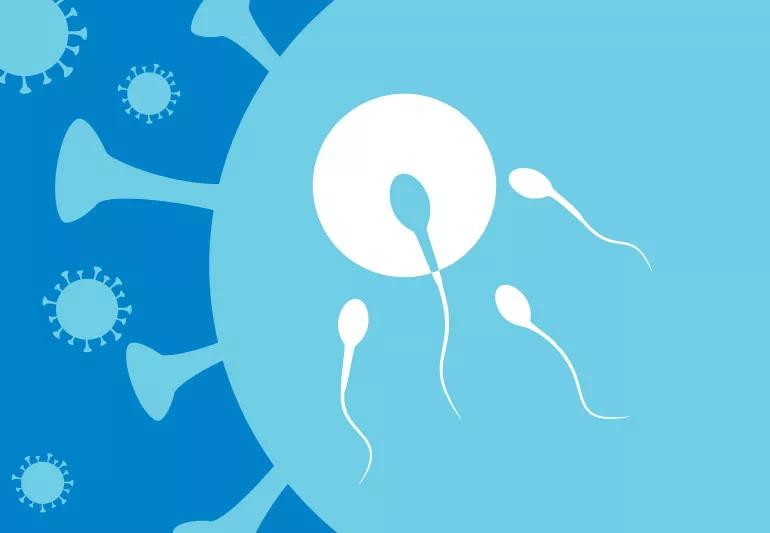
If you’re hoping to get pregnant, you may have heard rumors that getting the COVID-19 vaccine can cause infertility. Let’s debunk that myth right up front: No credible scientific evidence shows the COVID-19 vaccine has a negative impact on fertility.
Advertisement
Cleveland Clinic is a non-profit academic medical center. Advertising on our site helps support our mission. We do not endorse non-Cleveland Clinic products or services. Policy
“COVID-19 vaccination does not decrease female fertility,” confirms Ob/Gyn and reproductive infectious disease specialist Oluwatosin Goje, MD. What can impact your fertility, though, is getting COVID-19 — which means there’s just one more reason to get your vaccine.
Dr. Goje talks about where the vaccine rumors came from, what the science really says about it and what having COVID-19 can do to your fertility.
In December 2020, a German scientist teamed up with a former Pfizer employee to share a hypothesis about the COVID-19 vaccine and infertility. It caught traction among vaccine skeptics and has persisted — even though it has since been disproved by researchers.
The myth is based on an assumption that the vaccine could cause your body to attack syncytin-1, a protein in your placenta that shares a small piece of genetic code with the spike protein of the coronavirus.
Even though this misinformation was proved incorrect, the rumor still took on a life of its own, as it was shared and reshared throughout the internet.
“Most of the data coming out agrees with initial information that vaccines do not affect fertility,” Dr. Goje says. She shares some of the science debunking this myth and explains the COVID-19 vaccine’s safety if you're pregnant or want to become pregnant.
Advertisement
A January 2022 study published in the American Journal of Epidemiology looked at 2,000 couples trying to conceive without fertility treatment. Data shows no differences in the likelihood of conception between vaccinated and unvaccinated couples.
“Researchers found no association between the COVID-19 vaccine and lower fertility rates,” Dr. Goje says.
A fetus can’t survive without the placenta, which connects to your uterus during pregnancy. If the vaccine actually attacked the placenta, Dr. Goje explains, we’d be seeing a rise in miscarriages among vaccinated people — which isn’t the case.
“The thought that the vaccine would attack the placenta has been debunked because there has been no increase in miscarriages among vaccinated women,” she says.
Researchers haven’t found any evidence of the vaccine having a negative impact on sperm. “Two studies in couples undergoing fertility treatment found no appreciable difference in semen volume, sperm concentration or motility measured before and after vaccination,” Dr. Goje adds.
Getting the COVID-19 vaccine won’t impact your fertility, but catching the virus could. Dr. Goje breaks down some of the science about the effect that COVID-19 can have on pregnancy.
Though the myth says the vaccine could negatively impact the placenta, it seems that it’s the virus that actually does so. The vaccine has been shown to be safe for those who are pregnant.
But studies show that getting COVID-19 during pregnancy can lead to higher rates of:
“This shows that the relationship to the placenta is actually a concern if you get infected while pregnant — but not if you get vaccinated while you're pregnant,” Dr. Goje says.
The January 2022 study found that in couples in trying to get pregnant, conception was down 18% in the three months after the male partner was infected with COVID-19.
Dr. Goje says doctors aren’t yet sure why this is, but researchers continue to study COVID-19’s impact on the body, and studies have reported on a few possibilities:
Advertisement
Within a few months of having COVID-19, male fertility seems to go back to normal. But if you’re trying to get pregnant, it’s important to know how your partner’s infection could temporarily impact your ability to conceive.
By now, we know that COVID-19 can trigger a variety of health concerns. Studies show that one of those concerns is subacute thyroiditis, an inflammation of the thyroid gland that can happen when your body is fighting off a virus. This leads to over- or under-production of thyroid hormone, which can, in turn, impact your ability to get pregnant.
“Thyroid disorders affect menstrual cycles and fertility, so it’s possible that dysregulation of the thyroid due to COVID-19 can indirectly affect fertility,” Dr. Goje explains.
Whether you’re trying to get pregnant or just trying to stay healthy, all of the science points in the same direction: Getting your COVID-19 vaccine is the best way to fend off the virus’s most severe impacts. If you’re hoping to conceive, you can get vaccinated with confidence knowing that it’s one of the best ways to protect your health and your fertility.
Advertisement
Learn more about our editorial process.
Advertisement

Cancer and its treatments can cause infertility, but you have many options for fertility preservation

You can keep track of your menstrual cycle to help identify your most fertile days
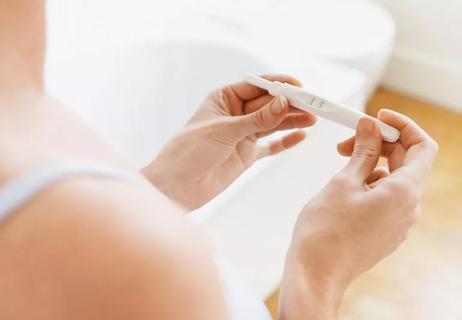
Yes, but pregnancy is still possible
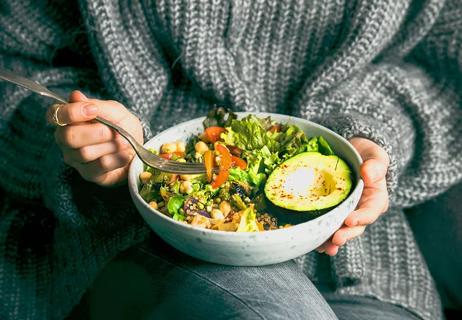
Specific foods won’t really affect fertility, but a healthy weight and nutritious diet are helpful
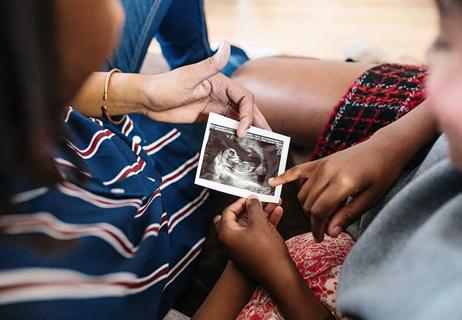
The short answer from an infertility specialist
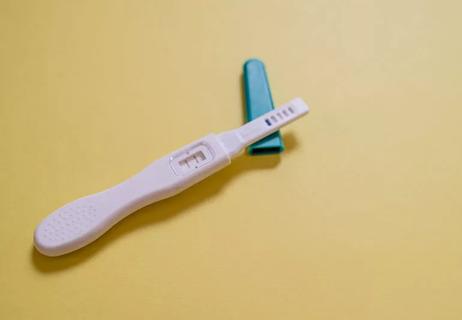
These over-the-counter kits can help you identify when you’re most fertile.

Watery discharge is usually normal and may happen more when you’re ovulating

Covering your mouth when you cough and staying home when you’re sick are a couple ways to help keep yourself and others COVID-free

If you’re feeling short of breath, sleep can be tough — propping yourself up or sleeping on your side may help

If you fear the unknown or find yourself needing reassurance often, you may identify with this attachment style

If you’re looking to boost your gut health, it’s better to get fiber from whole foods